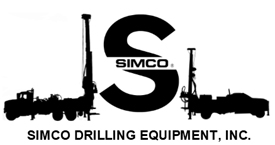As businesses start looking into the future and thinking about tax preparation, it becomes increasingly obvious that keeping good records is imperative for tax savings. Ensuring an accurate tax bill can keep IRS auditors from your door and protect against fines and fees.

The IRS doesn’t specify what types of records drilling businesses need to keep or how to keep them, only requiring every business to keep “complete and accurate” records. If the amount is greater than 25% of an operation’s gross income, the IRS has been known to come after a business for failing to report income up to six years after filing a return.
According to Mark E. Battersby from Worldwide Drilling Resource, here are some simple guidelines to follow to protect your drilling business and save yourself money:
- Retain deduction supporting tax records for seven years after filing
- Employee record should be kept on hand for at least four years, including W-2 and W-4 forms, tip information, wages, and pension payments
- Avoid writing checks made out to ‘cash’ and avoid using cash, in general-expense substantiation is key in proving allowable deductions
- Check with your state for records requirements associated with independent contractors and third parties as some states may require longer records retention periods
To ensure that your drilling business is keeping records in a legal and tax-compliant manner, it is always recommended to consult your tax professional or attorney. How you keep records is less important than what you keep, so be vigilant about proper documentation and err on the side of caution when it comes to determining how long records should be maintained.



